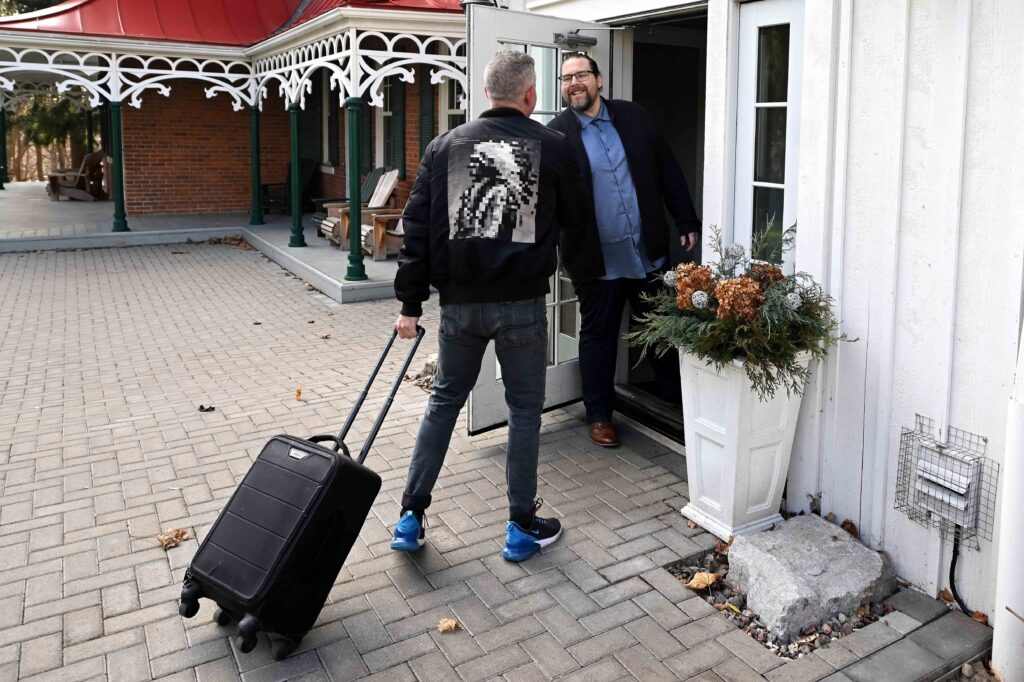Step 10 calls us to continue taking a personal inventory and, when we are wrong, promptly admit it. For me, this Step has marked one of the most important shifts in my recovery.
Before, I always played the “blame game.” Especially in active addiction, it was easy to point the finger at everyone else – the people who hurt me, the people who abused me, the circumstances of my life. I never wanted to take responsibility for my own wrongs. If I did apologize, it wasn’t sincere. I’d say “sorry” just to get it over with, but within hours I’d be doing the same thing again. There was no action or real remorse behind it.
When I first pursued recovery, I didn’t truly understand the Twelve Steps. It wasn’t until my return to Renascent in June 2023 that things shifted. This time, taking a personal inventory meant trusting the staff and my peers, and allowing myself to be vulnerable. Once I shared the burdens I had carried for decades, including childhood trauma, I was connected to resources that helped me begin to heal.
Part of healing is acknowledging my own mistakes, and Step 10 taught me that when I’ve done wrong, I need to promptly admit it, sincerely and without excuses. My recovery is on strong footing today, because I no longer justify bad behavior or use my past as an excuse. I take responsibility for my actions, and I know it’s about keeping my side of the street clean, and not taking someone else’s inventory.
Today, my life is full in ways I never thought possible. I have a home group, a sponsor, and I’m of service. I share openly, and I give back whenever I can. I’ll always be an alcoholic and an addict, but I’m not an active one. Step 10 lets me deal with life on life’s terms. People may be ignorant, opinionated, or see things differently than me, but I don’t have to react the way I used to. Today, I take ownership for my part, and today I am truly free.
Read Adrian’s story, “Addiction does not define who you are.”

